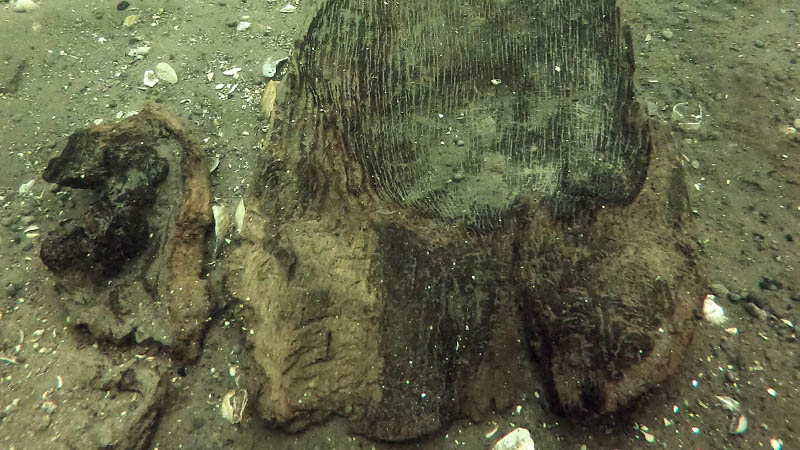In a recent discovery that has captivated historians and archaeologists alike, the Wisconsin Historical Society announced the finding of at least 11 ancient canoes in Lake Mendota, near Madison, Wisconsin. Among these canoes, one has been dated back to 2500 BC, aligning its creation with the era of Stonehenge’s construction.
The discovery was detailed in a press release by the Wisconsin Historical Society on May 23. This follows the initial finding of two ancient canoes in 2021 and 2022 along what is believed to have been an ancient shoreline that gradually submerged over time. The state’s archaeologists suggest that these canoes represent a significant aspect of the daily life and mobility of Indigenous peoples in the region, akin to modern-day vehicles.
Dr. Amy Rosebrough, the State Archaeologist for the Wisconsin Historical Society, emphasized the importance of these canoes in understanding historical lifestyles in the Great Lakes region. “The Indigenous peoples of Wisconsin and the wider United States fished, traveled, and traded extensively on inland lakes and streams, and until now we have not had a clear look at the canoes used in the Great Lakes region,” she told Fox News Digital. “Canoes allowed people to fish in deeper lakes, to transport goods over hundreds of miles, and to travel to far-away places.”
Despite the allure of these discoveries, not all canoes will be removed from Lake Mendota due to their delicate condition. This has prompted the use of non-destructive remote sensing techniques to study them further, especially as diving conditions in Lake Mendota offer limited visibility.
Alongside the canoes, divers have unearthed stone tools within the lake, bolstering the belief that more hidden sites are waiting to be discovered. “Even without finding the village, the discovery of these canoes and the tools found within the first canoe that was found, human-worked stone tools called net sinkers, reminds us that people have lived and worked alongside the lake for thousands of years,” Rosebrough added.
Radiocarbon dating techniques have confirmed the oldest of these canoes dates back to 2500 B.C., making it older than Ancient Rome by over 1,700 years and predating the birth of Jesus Christ by 2,500 years. The youngest canoe found dates to 1250 AD.
Rosebrough also noted the potential archaeological richness of Lake Mendota compared to the larger Great Lakes, which often receive more attention and funding for maritime archaeology. She highlighted the distinct histories smaller bodies of water can reveal about past civilizations and confirmed ongoing partnerships with Native Nations to explore and share these historical narratives.
The discoveries not only highlight a continuum of historical life around Lake Mendota but also anticipate further revelations at the new Wisconsin History Center, slated to open in early 2027.


